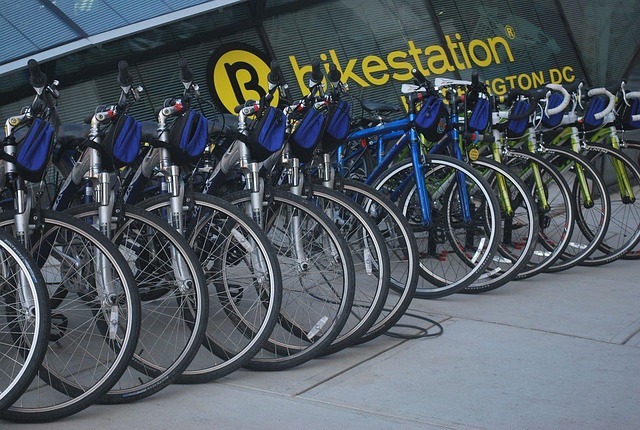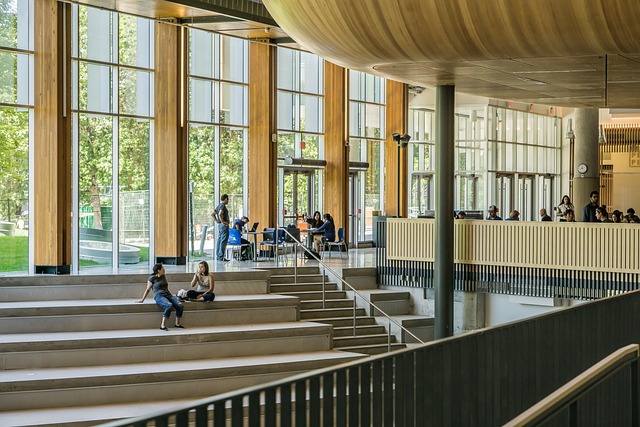Before renting off-campus as a student, carefully review lease terms, including rent payment schedules, late fees, deposit policies, subletting rules, pet ownership, maintenance responsibilities, and termination options. Understand your rights and obligations under local tenancy laws governing renting for students to avoid hidden costs and ensure a favorable living experience.
Evaluating off-campus housing contracts is crucial for students looking to navigate the complexities of renting. This guide provides essential tips to ensure a smooth transition from campus life to independent living. First, understand lease terms and conditions thoroughly. Next, verify your rights and responsibilities as a tenant. Check local laws and regulations to avoid any legal pitfalls. Lastly, assess hidden costs and utilities to budget effectively. By following these steps, students can make informed decisions when renting for their off-campus housing.
- Understand Lease Terms and Conditions
- Verify Tenant Rights and Responsibilities
- Check Local Laws and Regulations
- Assess Hidden Costs and Utilities
Understand Lease Terms and Conditions

When considering off-campus housing as a student, it’s crucial to thoroughly understand the lease terms and conditions before signing any agreements. Renting for students often involves unique clauses that can significantly impact your living experience. Pay close attention to details about rent payment schedules, late fees, and deposit policies. Some leases might include specific rules about subletting or pet ownership, which are common student needs.
Make sure you clarify any ambiguous terms and understand the expectations regarding maintenance and repairs. Knowing who is responsible for addressing issues like broken appliances or leaky faucets can save you time and money. Additionally, review the duration of the lease and any provisions for renewing or ending the agreement early to ensure it aligns with your academic schedule.
Verify Tenant Rights and Responsibilities

When evaluating off-campus housing contracts, it’s crucial to understand your rights and responsibilities as a tenant, especially in the context of renting for students. Start by thoroughly reading the contract to identify any clauses that outline your legal standing. Verify who is responsible for maintenance and repairs—a clear understanding can prevent costly surprises. Also, check the rules regarding subletting, which might offer flexibility if you plan to leave campus temporarily.
Look for provisions related to communication channels for addressing issues with the landlord or property manager. A well-defined process ensures your concerns are heard and resolved promptly. Additionally, confirm the terms concerning security deposits, rent payment methods, and notice periods before termination. Protecting your rights as a tenant is vital for ensuring a smooth living experience while renting for students.
Check Local Laws and Regulations

Before signing any off-campus housing contract, it’s crucial to familiarize yourself with local laws and regulations governing student renting. Each area has its unique rules regarding rental agreements, tenant rights, and landlord obligations. Understanding these can help students avoid potential pitfalls like unfair lease terms or illegal eviction practices.
Researching local tenancy laws ensures that both students and landlords are protected under the same guidelines. This knowledge allows tenants to identify any discrepancies in their contracts and negotiate fair conditions while enabling landlords to maintain compliance with regulations, fostering a transparent and mutually beneficial renting for students experience.
Assess Hidden Costs and Utilities

When evaluating off-campus housing contracts, don’t be fooled by initial appearances or even the advertised rent price. As a student renter, it’s crucial to assess hidden costs and utilities that can significantly impact your overall living expenses. Many landlords omit these details, assuming tenants won’t notice small charges for things like water, electricity, internet, or even basic maintenance.
Before signing any contract, meticulously review every clause related to additional fees. Ask about utility inclusion policies and get clarification on who is responsible for paying various services. Remember, understanding these hidden costs upfront can help you budget effectively and avoid financial surprises once you move in, ensuring a smoother transition into your new student living situation.






